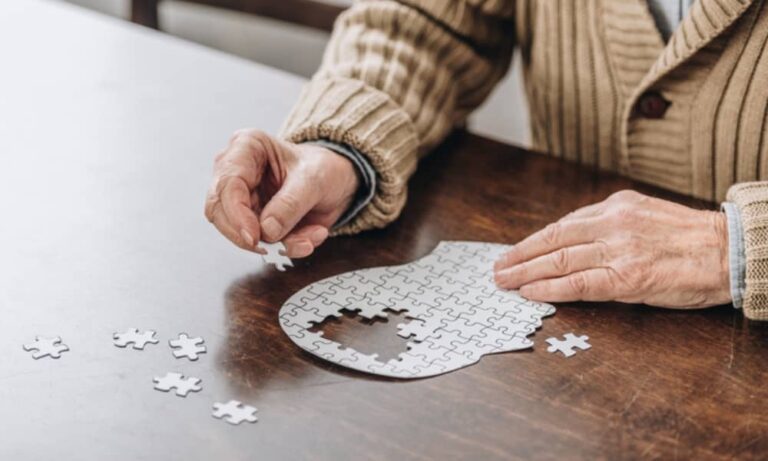Osteoporosis is estimated to affect 200 million women worldwide. Worldwide, 1 in 3 women over age 50 will experience osteoporotic fractures, as will 1 in 5 men aged over 50.
The condition occurs when bones lose minerals, causing them to be brittle and more prone to breaks. While declining hormones is one of the main causes of osteoporosis it’s also linked to low calcium intake, low levels of physical activity, smoking, low vitamin D levels, thyroid conditions and some chronic diseases. Some medicines, such as corticosteroids and antidepressants can also impact your bone health. Osteoporosis is commonly referred to as a ‘silent disease’ because there are usually no symptoms until a fracture occurs.
New research is also showing the connection between osteoporosis and dementia. Recently the results of a large-scale study by Epidemiology, IQVIA published in the Journal of Alzheimer’s Disease 2018 showed that osteoporosis was associated with a 1.2-fold increase in the risk of being diagnosed with dementia in women and a 1.3-fold increase in the risk of being diagnosed with dementia in men. The study involved over 60,000 patients over 20 years. “The major hypothesis to explain the association between osteoporosis and dementia is that these two conditions have similar risk factors,” said co-author Louis Jacob, MD, from the university clinic of Paris 5, “These factors include APOE4 allele of the apolipoprotein E, a major cholesterol carrier, lower vitamin K levels, vitamin D deficiency, but also androgens and estrogens.”
According to Osteoporosis Australia, to improve your bone health a diet rich in calcium (including dairy, canned salmon or sardines, leafy greens and almonds) is important, as is exposure to sunlight for vitamin D and regular physical activity.







